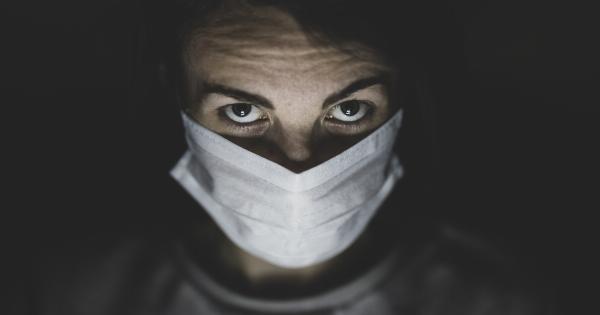Sexually transmitted infections or STIs primarily spread during sexual contact. This includes vaginal, anal, and oral sex. Some STIs can cause symptoms like genital sores, discharge, and pain.
Others are asymptomatic, and a person may not even know they are infected. Treating STIs early is crucial because untreated STIs can lead to severe health complications. In this article, we will be exploring the risks associated with untreated STIs.
What are STIs?
Sexually transmitted infections are infections that are passed from one person to another during sexual contact. These infections may be caused by bacteria, viruses, or parasites. Some common STIs are:.
- Chlamydia
- Gonorrhea
- Syphilis
- HIV
- HPV (human papillomavirus)
- Herpes
What are the Risks of Untreated STIs?
Untreated STIs can have numerous negative consequences. Here are some of the risks:.
1. Infertility
Untreated STIs can cause pelvic inflammatory disease (PID) in women. PID can lead to blockage of the fallopian tubes, making it difficult or even impossible to conceive.
2. Increased Risk of HIV
If left untreated, some STIs can increase the risk of contracting HIV. For example, untreated herpes can facilitate the transmission of HIV.
3. Pregnancy Complications
Untreated STIs can cause complications during pregnancy. For example, an infected mother can pass the infection to her baby during childbirth, causing blindness, deafness, or even death.
4. Cancers
Some types of STIs such as HPV can cause cervical cancer. HPV can also cause cancer of the anus, vulva, penis, and throat, among others.
5. Organ Damage
Untreated syphilis, for example, can damage internal organs, including the heart, liver, and brain. Over time, this damage can become severe enough to be life-threatening.
How to Prevent the Risks of Untreated STIs?
The best way to avoid the risks of untreated STIs is to practice safe sex and get tested regularly. Here are some tips:.
1. Use Condoms
Using condoms during sexual intercourse can help prevent the spread of STIs. Condoms provide a barrier that prevents contact with bodily fluids that can spread STIs.
2. Get Tested Regularly
Getting tested regularly for STIs and seeking prompt treatment if any are detected will prevent the infection from progressing and causing severe health problems.
3. Limit the Number of Sexual Partners
The more sexual partners an individual has, the higher the risk of contracting an STI. Limiting sexual partners can reduce the spread of STIs.
4. Vaccinations
Some STIs like HPV can be prevented with vaccines. Speak to your doctor about which vaccines may be right for you.
Conclusion
Untreated STIs can have severe health consequences. To avoid the risks of untreated STIs, practicing safe sex, getting tested regularly, limiting sexual partners, and getting vaccinated for preventable STIs are all highly recommended.





























